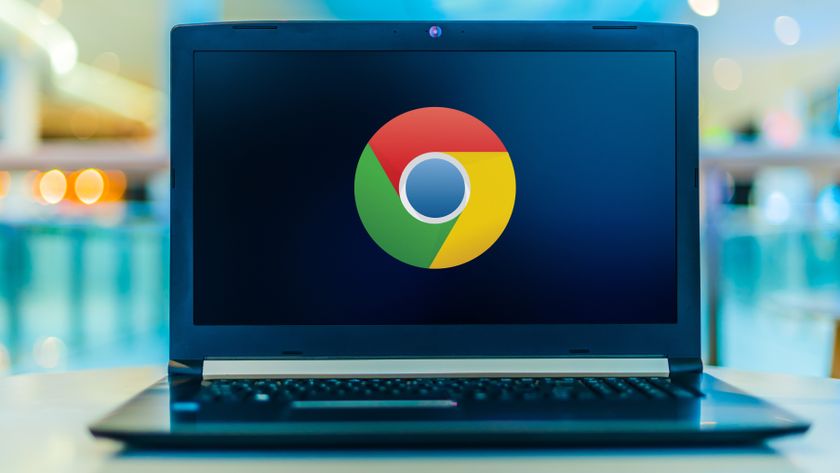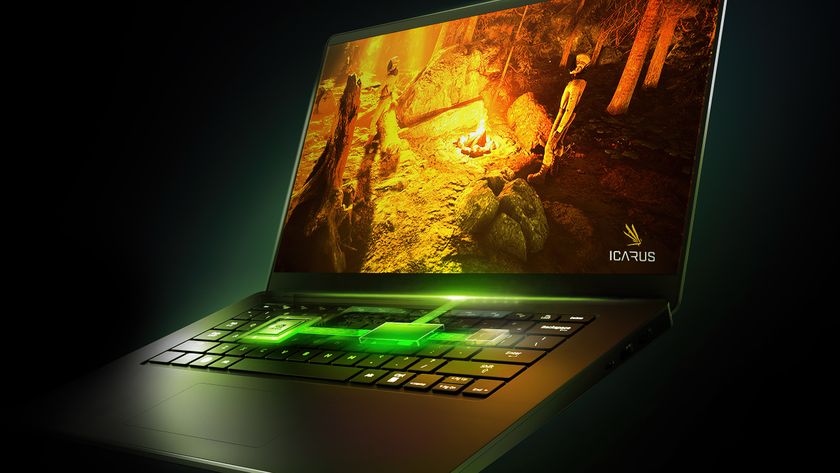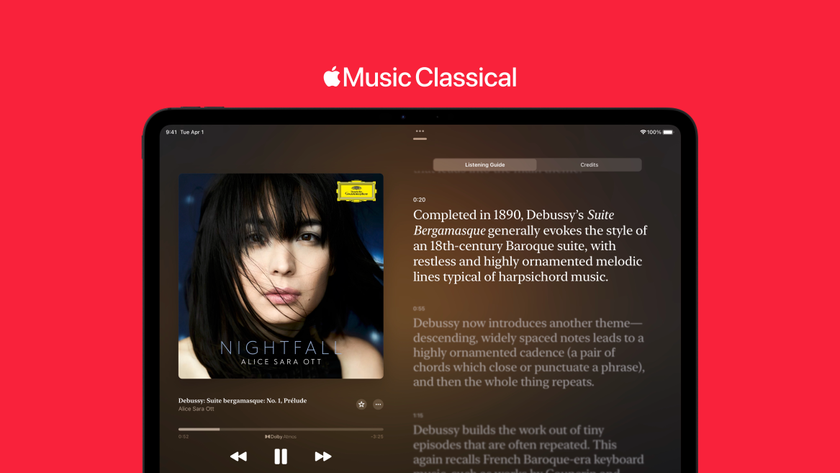Nokia 105 and 301 plan to bring feature phone fun back to Europe
Cheap and cheerful pretty much sums it up
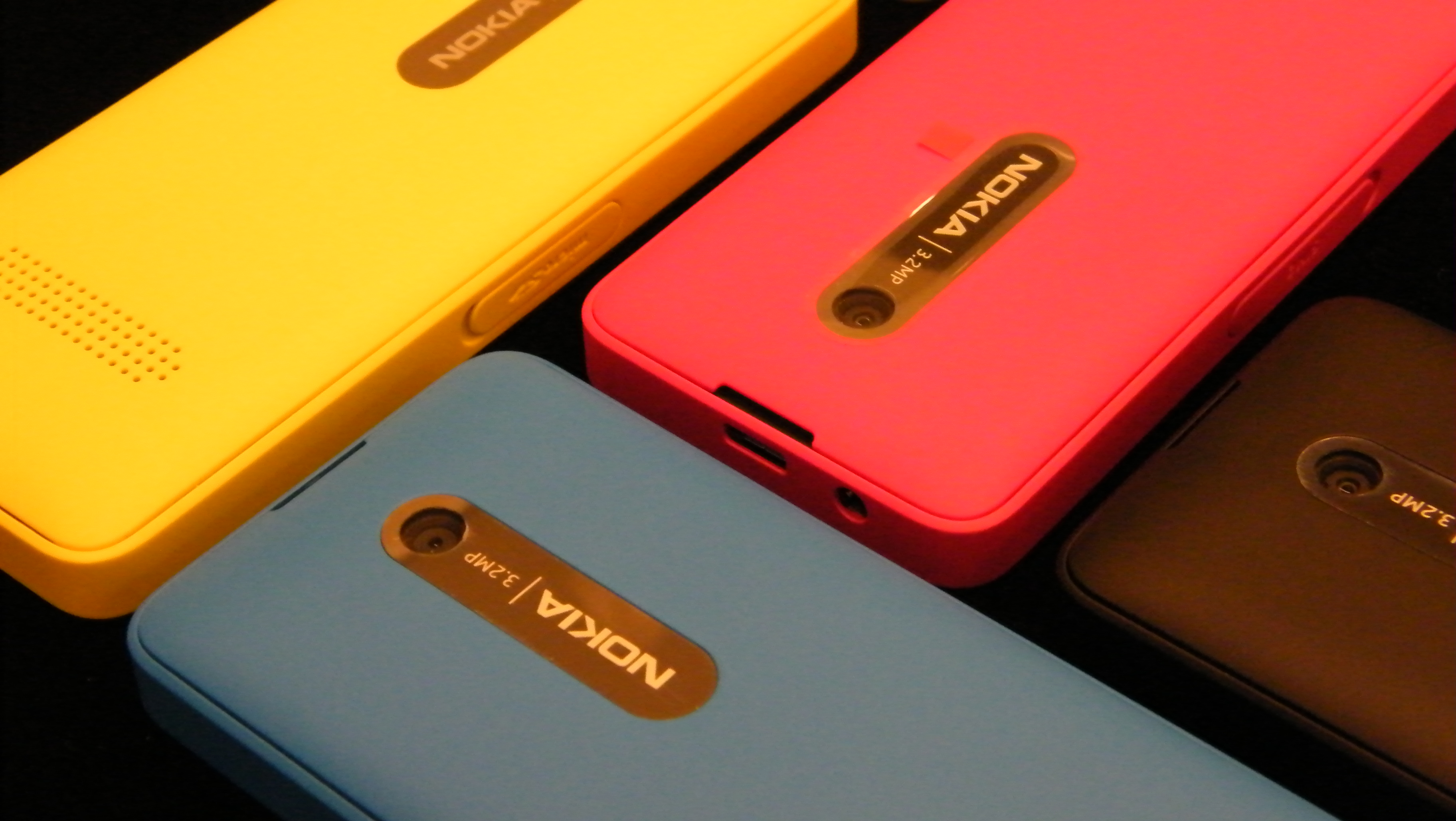
Everyone loves a nostalgia trip once in a while and the Nokia 105 and Nokia 301 are here to take you on your latest one.
Feature phones have quietly slipped out of the limelight in recent years as smartphones have become the driving mobile force, but Nokia reckons Europe still pines for the old school-style.
The Nokia 105 should be in various European markets by the end of March, while the Nokia 301 is set to touch down in the second quarter of the year - although there's no word on UK availability just yet.
What the handsets lack in features they make up for in price and battery life, with the 105 setting you back just €15 (around £13) and the 301 coming in at €65 (around £56).
Both handsets will apparently last a month on one charge, with the Finnish firm claiming the 105 is good for up to 35 days, while the 301 is apparently able to keep going for up to 39 days on standby.
What year is it?
The 105 sports a 1.45-inch colour display (about the size of a postage stamp), FM radio, built in flashlight, and the generic phone call and text messaging options.
You get a little more on the 301, with a rear facing 3.2MP camera, a slightly larger (but still poor resolution) 2.4-inch colour screen, HD voice support for better quality calls and a web browser allowing you to harness the power of 3G (3.5G actually), albeit rather slowly thanks to the lowly feature phone processor.
Get daily insight, inspiration and deals in your inbox
Sign up for breaking news, reviews, opinion, top tech deals, and more.
There's a microSD slot on the side of the 301 and it will be available in both single and dual SIM flavours.
These handsets probably won't show up on most consumer's radars in Europe, but if you're looking for a dirt cheap handset which will last you all month then the Nokia 105 or 301 could well be the back up phone you've always dreamed of.

TechRadar's former Global Managing Editor, John has been a technology journalist for more than a decade, and over the years has built up a vast knowledge of the tech industry. He’s interviewed CEOs from some of the world’s biggest tech firms, visited their HQs, and appeared on live TV and radio, including Sky News, BBC News, BBC World News, Al Jazeera, LBC, and BBC Radio 4.
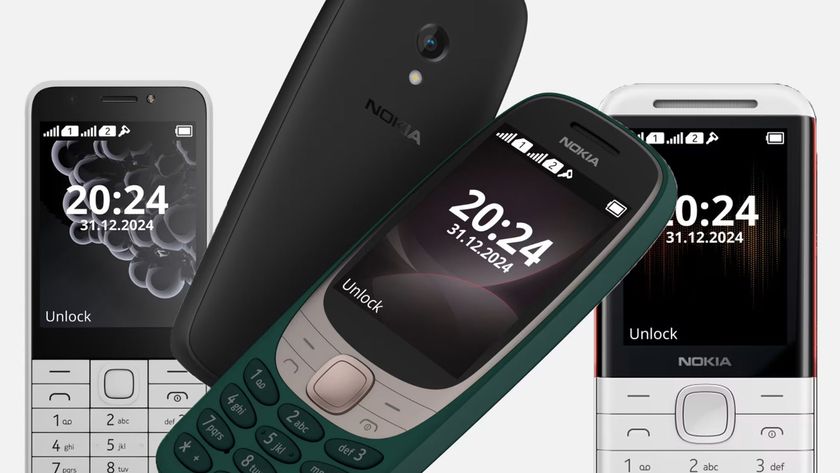
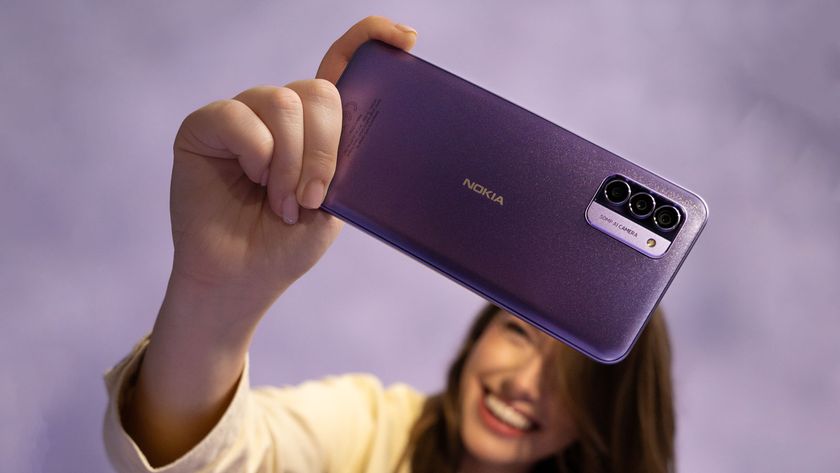
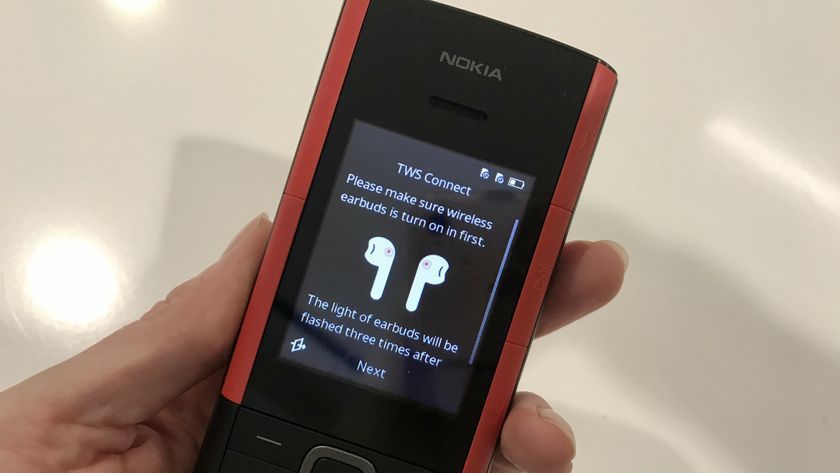
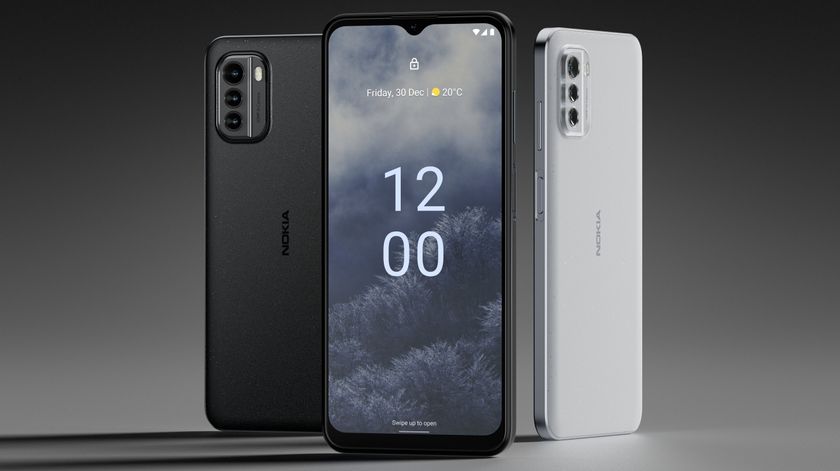
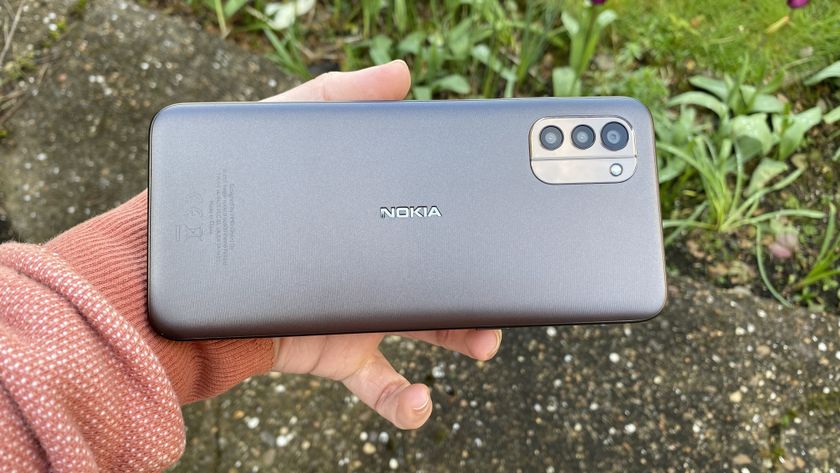
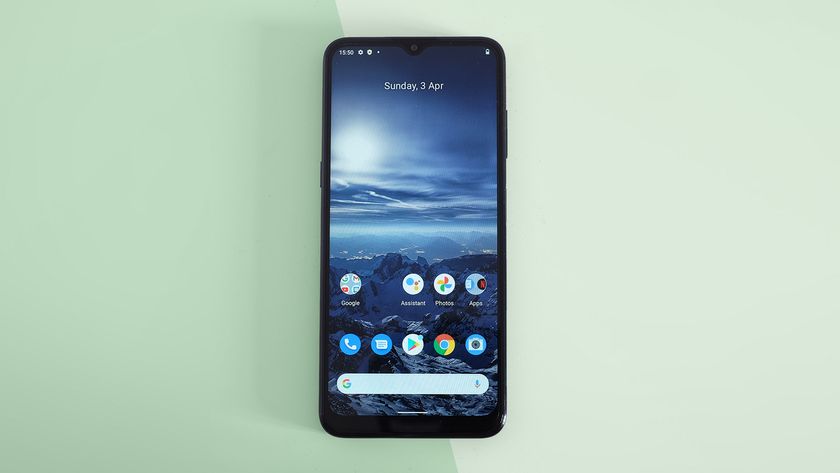


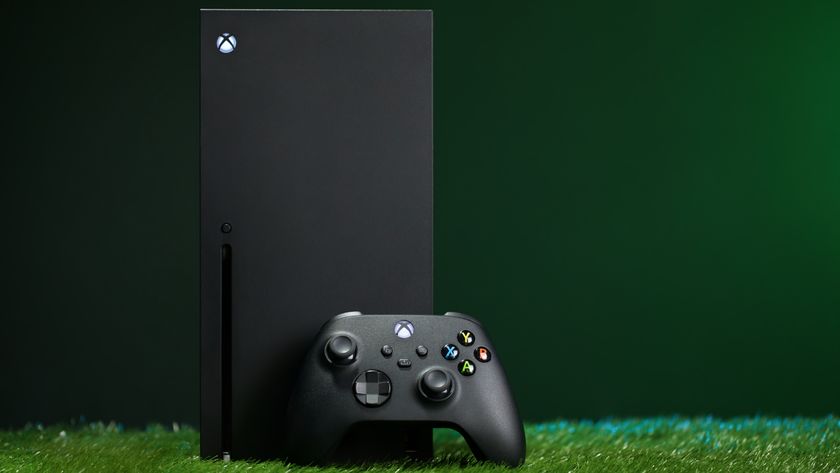


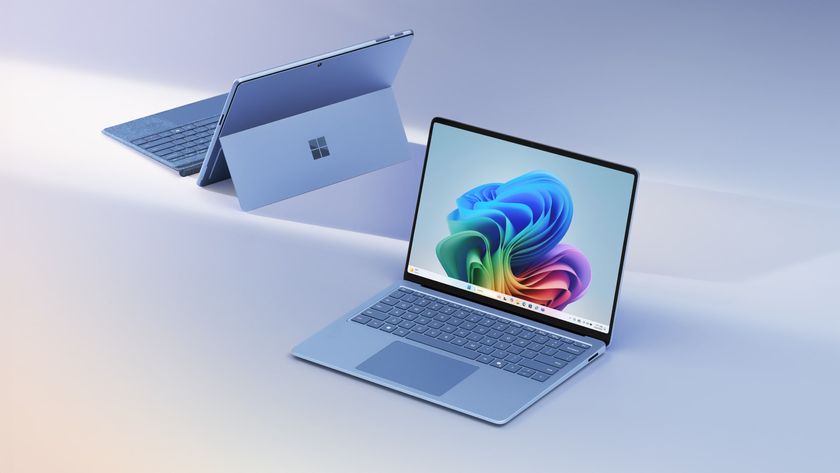
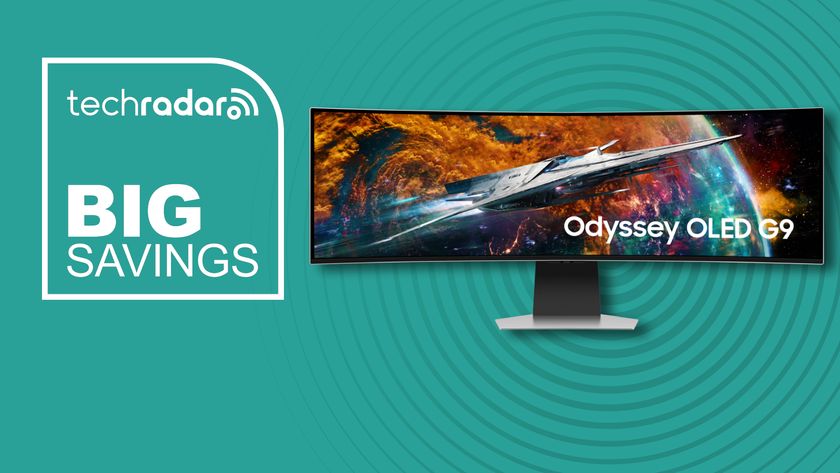
Our favorite ultrawide OLED monitor just got a massive discount for the Amazon Spring Sale - get it now before it nearly doubles in price!
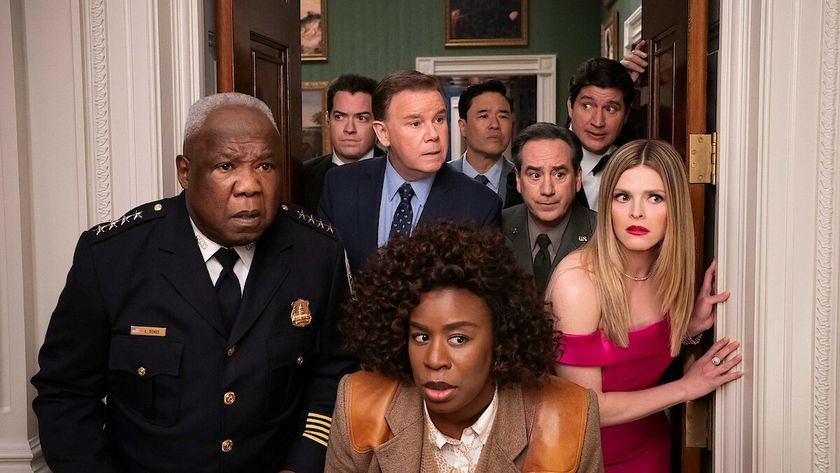
Netflix's #2 most-watched show is the new madcap whodunnit The Residence –here are 3 more mysteries to stream next

Devious new Android malware uses a Microsoft tool to avoid being spotted
